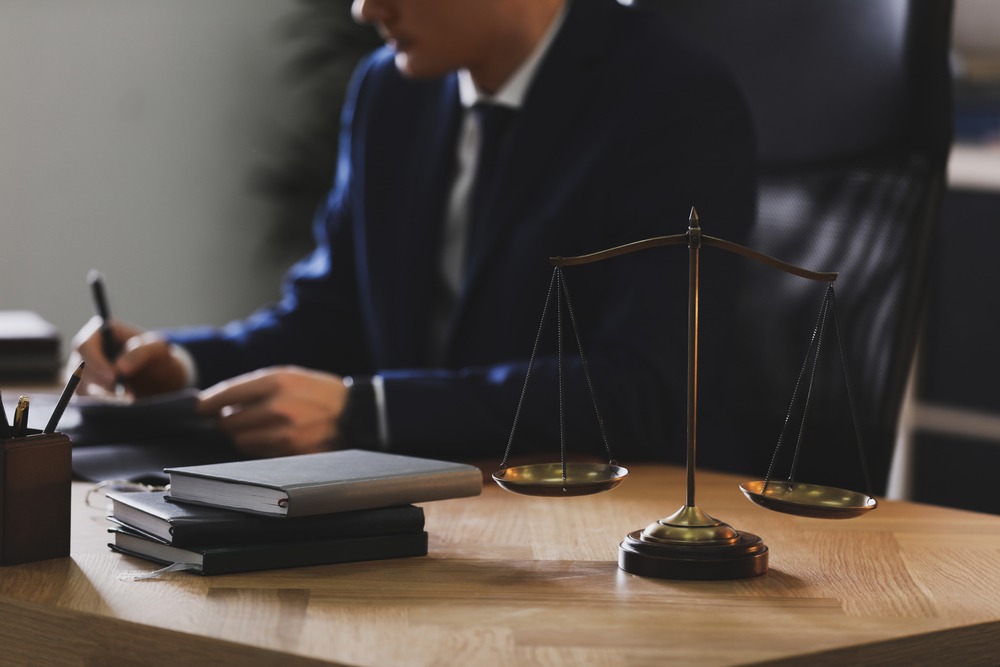Social networking sites provide a plethora of information on a person’s interactions, everyday activities, and lifestyle. This information can be helpful and difficult in disability appeals. Social media can reveal details about a person’s life, but it can also be misinterpreted or presented in a way that minimizes the severity of their condition. And as you probably know, appearance is very important when it comes to how humans perceive things.
A proactive approach to social media can have a big impact on disability appeals. Instead of shunning social media completely, people should think about how to get the most of it while being cautious of its drawbacks. The following advice can help you make the most of social media for disability appeals, even moreso than other types of legal cases:
Controlled Sharing: People are able to proactively disclose life events that support their disability claim. A more truthful story can be produced by sharing updates regarding therapy sessions, doctor’s appointments, and other activities that highlight the difficulties their impairment presents.
Highlighting Limitations: People can use social media as a venue to honestly communicate about their struggles and limitations. Giving relevant context for the disability appeal can be achieved by discussing experiences pertaining to their impairment, without divulging too many personal details.
Expert Advice: Consulting with a disability attorney in Melbourne, FL might be very important step. In order to make sure the content on social media supports the objectives of the disability appeal, disability attorneys might counsel clients on what kinds of things to post or refrain from posting.
Making sure the data on social media is consistent with that in medical records and disability applications is important when using it as proof. Inconsistencies between recorded medical problems and social media posts might be closely examined, emphasizing how crucial accuracy and openness are.
People should be watchful of their social media privacy settings in order to reduce the negative usage of social media and online information. Limiting access to personal information can be achieved by changing privacy settings and limiting who can see particular posts. But it’s important to remember that under some legal circumstances, even private content could become public.
The key thing to remember is to just avoid posting anything that may hurt your case. Even if your account is set to private, there are many ways that investigators or other folks can peak in on your photos.

